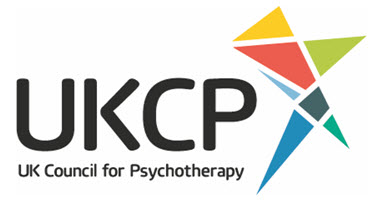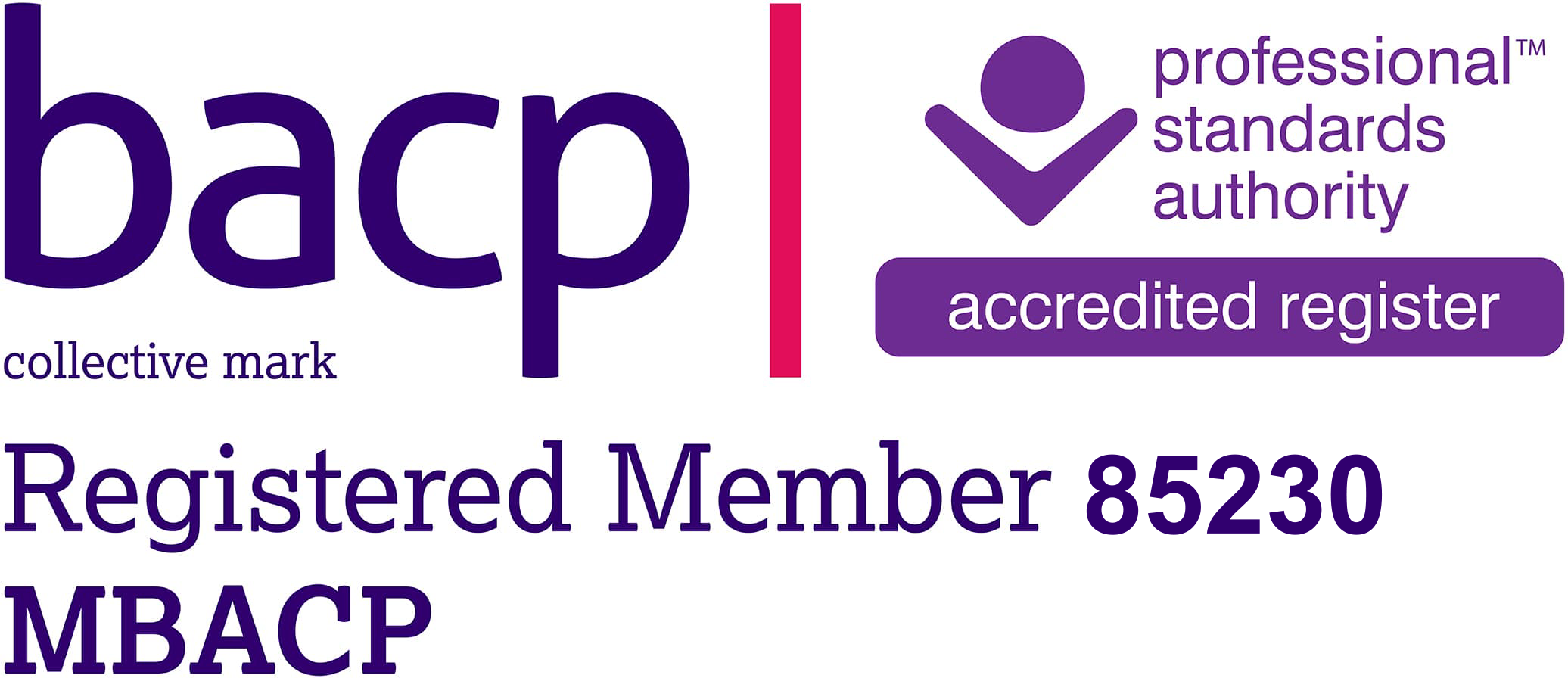What exactly is therapy?
The word ‘therapy’ usually refers to the talking therapies of psychotherapy and counselling, which are treatments for emotional and psychological problems. This involves meeting with a therapist, usually once a week, to talk things over in a safe, supportive and completely confidential place for a period of time. Most of the time therapy takes the form of a conversation, and occasionally it may be suggested that you try some exercises. Nothing is ever forced upon you and you always have choice and control over what happens in sessions. You do not need to be mentally unwell to benefit from therapy, although it is helpful for issues such as depression and anxiety.
In her work, Sandra often explores factors outside of our immediate awareness but which become obvious once we have reflected on them. We do not always know why we do what we do, or why we feel how we feel. Therapy can help to make sense of our feelings by becoming more acquainted with these deeper aspects.
Do I need therapy?
The decision to have psychotherapy or counselling is often a big step. You might make this decision because a situation in life has arisen recently that is too emotionally difficult for you to handle alone. Or there may be longer term issues or patterns of distress coming from your history which you have been unable to resolve. In your first session you are invited to explore whether therapy is suitable for you or not. Each person’s needs are unique, and your own therapy is tailored to your own needs.
There are various issues that might bring you to therapy. You may have problems with relationships, work, family matters, past or present abuse, depression, anxiety, physical illness or problems with ageing. Or you may have no particular problem that can be identified except for a chronic feeling of emptiness, dissatisfaction or lack of purpose. Whatever you bring, a gentle exploration of the issues usually reveals a deeper picture that helps you to make sense of what is happening.
How should I choose which therapist to see?
It is important to choose a therapist you feel comfortable with and who you feel understands you, as research has repeatedly shown it is the therapeutic relationship which has the biggest impact on positive outcomes. The therapeutic relationship is simply the relationship between the client and therapist. This relationship is kept safe and confidential by means of professional boundaries, and it provides you with a warm, compassionate and respectful space to explore your most difficult issues. Therapy can sometimes be challenging as we encounter our own blind spots, so it is important you feel understood and supported by your therapist.
What happens in the first session?
The first appointment is usually focused on identifying the issues that bring you to seek help and maybe looking at some of your life history. This process allows you and the therapist to get to know each other and to decide whether or not to go ahead with more sessions. You should feel ready and happy to proceed before therapy begins and there is never any pressure to go ahead. Normally, six sessions are planned initially which will be followed by a review, when the decision is made to book further sessions as appropriate.
How does therapy work?
Research indicates that talking therapies are effective for depression, anxiety and stress-related ailments. Counselling is widely used in medical, educational and workplace settings and has been shown to help people overcome difficult periods in their lives. Long term therapy often focuses on the deep roots of emotional suffering and involves self-reflection and the use of the relationship between therapist and client as a window into problematic relationship patterns in the patient’s life. This kind of work leads to greater self awareness and self control in the other relationships in our lives as inner contradictions and emotional blind-spots are gently revealed and resolved. Psychotherapy has been shown to set in motion psychological processes that lead to ongoing change even after therapy has ended (Shedler, American Psychologist Journal, Feb 2010)

